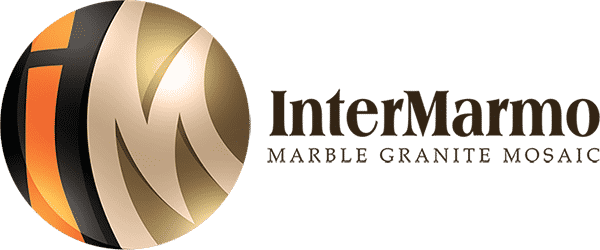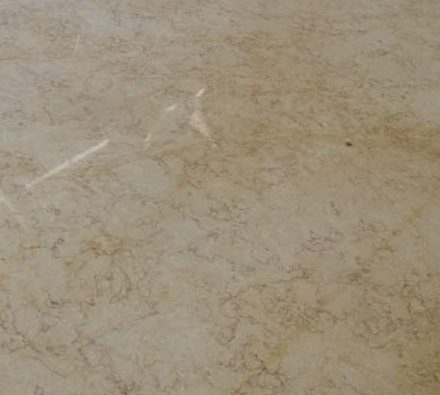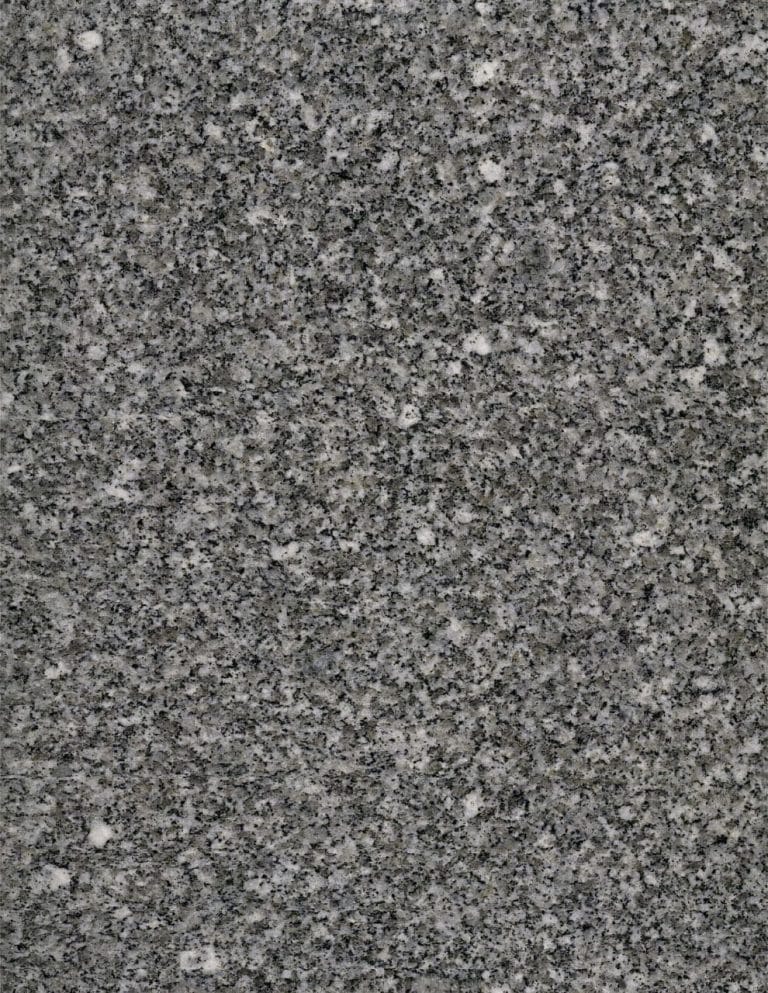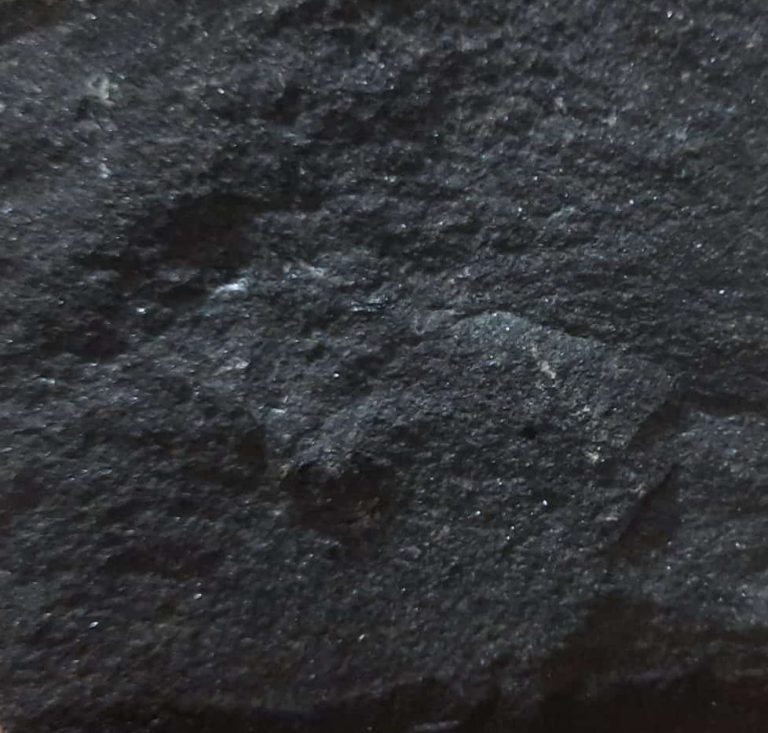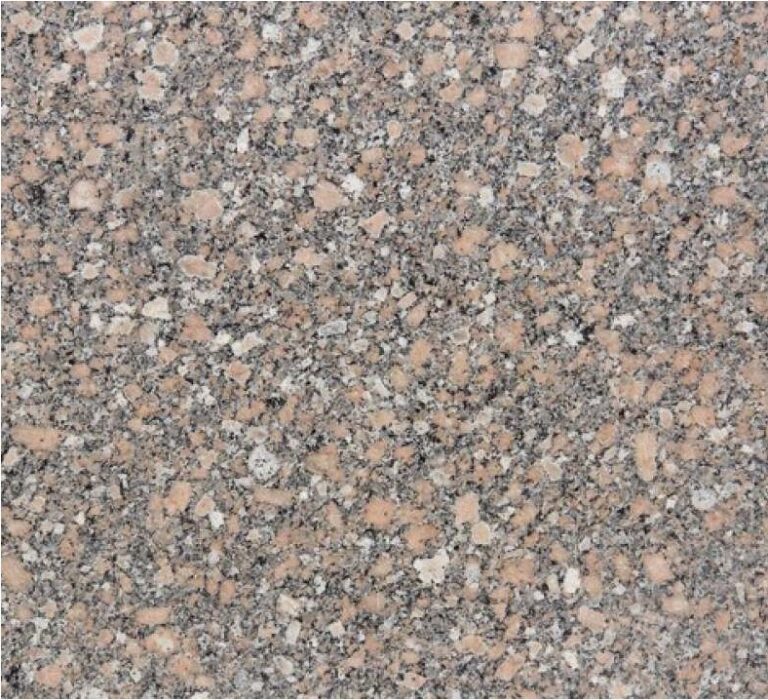Sunny Specifications & Technical Data Sheet:-
Water Absorption (ASTM C 97): 0.29 %
Modulus of Rupture (ASTM C 99):2 000 psi
Compressive Strength (ASTM C 170):13 300 psi
Abrasion Resistance (ASTM C 24):26.4 Ha
Flexural Strength (ASTM C 880): 1 600 psi
Density (ASTM C 97): 2 618
Sunny Yellow A perfect Choice For Flooring and Stairs. Also known as Sunny Yellow Marble, is a distinguished Egyptian natural stone celebrated for its warm light-yellow tones and subtle veining. Quarried in the picturesque landscapes of Sharm El-Sheikh, Fadel Mountain, Eastern Desert, Egypt, this marble has been a favoured choice in both residential and commercial projects due to its aesthetic appeal and durability.
Applications of Sunny Yellow Marble
Sunny Yellow Marble is highly versatile, suitable for a wide range of interior and exterior design applications:
- Flooring and Wall Cladding: Its bright, warm tones make it perfect for flooring and wall cladding, adding a cheerful and sophisticated touch to any space.
- Countertops and Vanities: The stone’s natural beauty makes it an ideal choice for kitchen countertops and bathroom vanities.
- Exterior Applications: Its durability and weather-resistant properties make it great for exterior facades, patios, and pool areas.
Finishing Techniques for Sunny Yellow Marble
The beauty of Sunny Yellow Marble can be further enhanced with a variety of finishing techniques, each creating a distinct look and feel:
- Polished: A smooth, reflective surface that highlights the stone’s natural color and veining. This is the most popular finish for interior spaces.
- Honed: A matte finish that offers a more subtle, understated appearance.
- Brushed: Creates a slightly textured surface while enhancing the stone’s color, offering a soft, vintage look.
- Sandblasted: A rougher texture that is ideal for exterior applications where slip resistance is needed.
- Tumbled: A smooth, antiqued finish that adds a rustic charm, perfect for creating a vintage aesthetic.
- Leathered: A textured finish crafted by diamond brushes, offering a soft, luxurious surface that hides imperfections. Suitable for countertops and flooring, available in both glossy and matte options.
- Flamed: High heat is applied to create a rough, slip-resistant surface, ideal for outdoor use. This finish can change the stone’s color due to oxidation, adding a unique aesthetic appeal.
- Bush-Hammered: A rough texture achieved by using specialized hammers, making it perfect for outdoor areas such as walkways, patios, and pool decks.
- Split Face: A natural, rustic look created by splitting the stone, adding character to walls and architectural features.
- Antiqued: An aged finish created through brushing or acid treatment, giving the stone a worn, historical look. Ideal for floors and walls, as it hides new scratches and gains character over time.
- Sawn: A finish that retains the natural saw marks, providing a rough texture that is perfect for non-slip outdoor flooring.
- Chiseled: A hand-carved finish that creates an uneven, rugged surface, ideal for those seeking a natural, raw look.
- Acid-Washed: A slightly rough texture that provides good grip, making it an excellent choice for outdoor areas where slip resistance is needed.
- Crazy Paving: Uses irregular stones to create a rustic, charming look. Great for pathways, though it requires professional installation to ensure stability and longevity.
Advice for Using Sunny Yellow Marble
Sunny Yellow Marble is undeniably beautiful, but it is still a form of limestone, which means it is softer and more susceptible to scratches compared to harder stones. It may not be ideal for wet areas, but choosing the right finish can make it suitable for a variety of settings. For advice on the ideal finish for your specific needs, feel free to consult with us.
